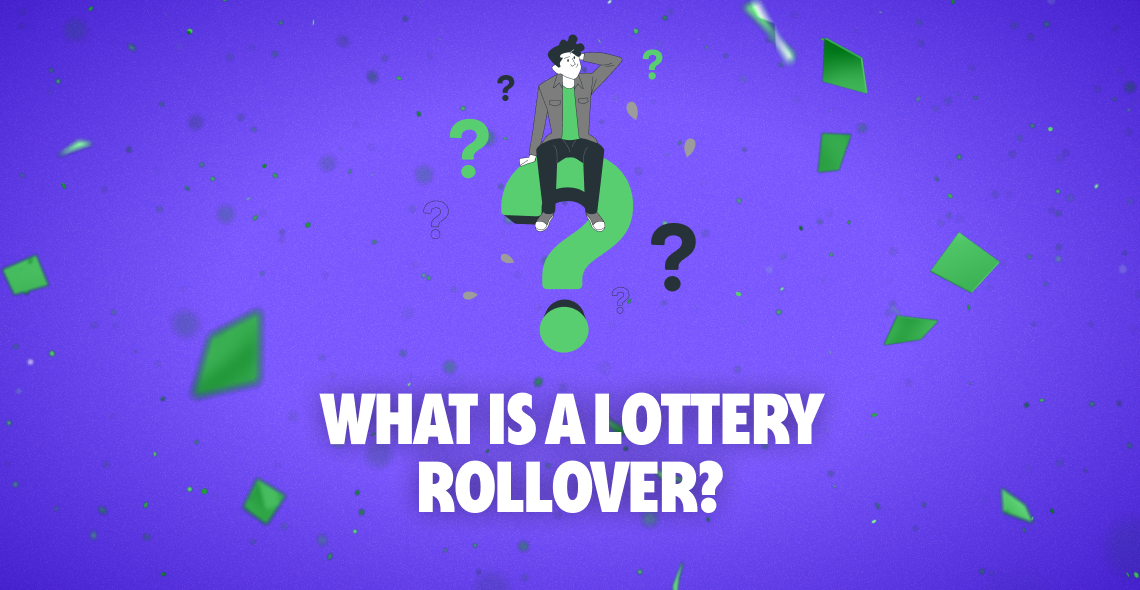What Is A Lottery Rollover?
Written by Jackpot Staff
July 5, 2024

A lottery rollover refers to a situation in which the jackpot prize is not won in a particular draw and instead, it accumulates and carries over to the next draw. With Jackpot.com, discover how these lottery rollovers impact the various lottery games that have rollover jackpots.
A Basic Definition of a Lottery Rollover
A lottery rollover occurs when no participant matches all the numbers required to win the jackpot prize in a particular draw. As a result, the prize money is not awarded, instead, it is added to the prize pool for the next draw. This creates the potential for a larger jackpot in subsequent draws. The concept of a rollover adds an element of unpredictability and suspense to the lottery, as participants eagerly await the outcome of each draw, wondering if the jackpot will continue to grow or if a lucky winner will finally claim the coveted prize.
How Lottery Rollovers Impact Jackpot Size
With each rollover, the jackpot grows exponentially as more participants join in the pursuit of the elusive winning combination of numbers. As the prize pool accumulates, the allure of the lottery intensifies, attracting even more players and further fueling the jackpot growth.
Moreover, the media coverage surrounding a rollover can significantly contribute to the jackpot's expansion. News outlets often highlight the increasing prize amount, sparking widespread interest and prompting individuals who may not typically play the lottery to purchase tickets in hopes of securing a life-changing jackpot.
The Role of Rollovers in Lottery Strategy
The allure of a rollover jackpot entices more individuals to participate in the lottery. As the prize pool grows, so does the enthusiasm, resulting in increased ticket sales, particularly as the jackpot reaches record-breaking levels.
Interestingly, the psychology of a rollover plays a significant role in driving ticket sales. The idea of a massive, unclaimed jackpot captures players’s imaginations, fueling dreams of what they could do with such a windfall. This anticipation factor, combined with the fear of missing out on a life-changing opportunity, drives many people to purchase tickets in the hopes of securing the elusive winning numbers.
That being said, the odds of winning the jackpot are not typically impacted by rollovers. However, the larger the jackpot, the more tickets are typically sold, thus decreasing each ticket's chances of securing the top prize alone.
Longest Lottery Rollover Streaks
It's worth noting that the frequency and length of rollovers can vary depending on factors such as ticket sales, jackpot size, and random chance. The introduction of larger starting jackpots and rule changes in recent years has contributed to longer rollover streaks and larger jackpots in U.S. lotteries.
Some of the most notable rollover jackpots have been in recent years with the longest recorded rollover streak in U.S. lottery history being 40 rollovers for the Powerball jackpot that was won at $2.04 billion on November 7, 2022. In addition, other recent jackpots have reached similar streaks:
1. Mega Millions: 31 rollovers, starting at $20 million and reaching $1.602 billion on August 8, 2023.
2. Mega Millions: 25 rollovers, starting at $20 million and reaching $1.348 billion on January 13, 2023.
